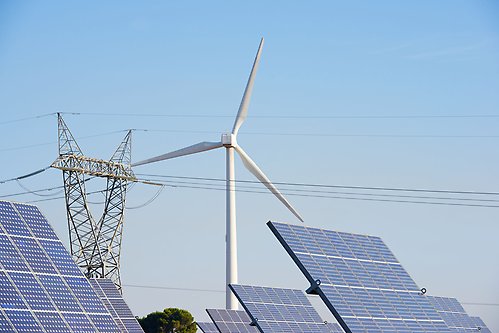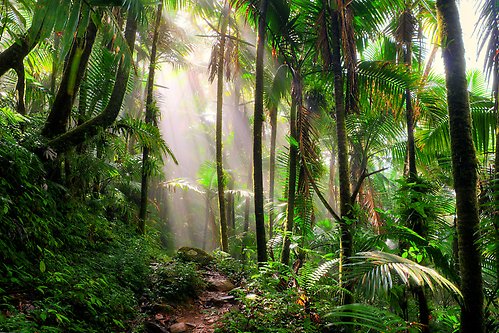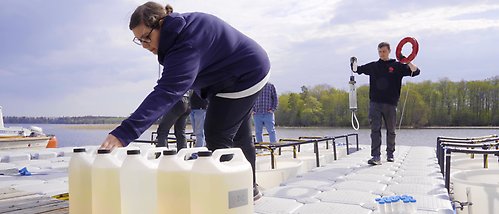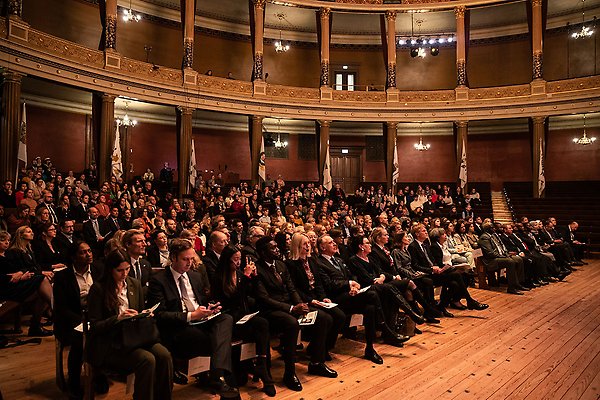Research at Uppsala University
Uppsala University conducts research into a wide variety of areas, ranging from how life emerged on Earth to how to solve the climate crisis.
Research challenges
Energy
The transition to sustainable energy systems, in Sweden and globally, is one of the major challenges of our time.

Biodiversity
Research on biodiversity is hugely important for achieving the goal of sustainable development for future generations.

AI - Artificial intelligence
How can we take advantage of the rapid development of artificial intelligence and machine learning, and how do we prevent the risks?

Find research projects
Search among research projects at Uppsala University funded by the main Swedish funding bodies.
Research news
Search all Uppsala University research news
Find researchers
Contact information in the University Directory.
Research spotlight: Our climate
He will be studying the effects of extreme weather
Hi there... Gabriele Messori, who has been awarded a total of SEK 33 million in grants to establish a new research centre. At the new centre...

How do torrential downpours affect plankton life in lakes?
At Lake Erken in Uppland, a research project is under way to better understand how the lake's plankton-like bacteria, algae and animals ...

Keen to see more applied environmental policy research
“I would like to see a great deal more applied environmental research in social sciences,” says Sver...

Collaboration in research and development
Uppsala University’s Innovation Partnership Office (UU Samverkan) supports collaboration between researchers and society. Uppsala University can provide your company or organisation with a range of ways to develop. Our researchers are ready for research collaborations, our students can be your new employees and our contract courses can raise your organisation to an entirely new level.
Public lectures
At Uppsala University, you can hear Nobel Prize laureates, writers, world leaders and many others lecture. In addition, countless lectures are given daily within our courses and study programmes.

University research areas
The University has more than 50 research areas divided by subject area and department.
